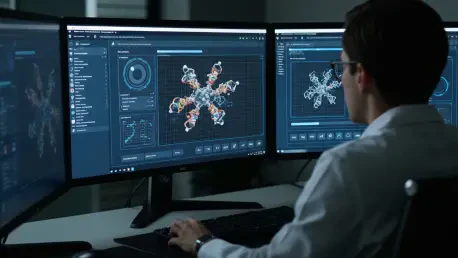
Intraventricular hemorrhage, a form of bleeding within the brain's delicate ventricles, represents one of the most significant threats to the long-term health and neurodevelopment of preterm infants. For decades, the standard of care has been largely reactive, identifying brain bleeds only after

The continued access to virtual medical care for millions of American seniors hangs precariously in the balance, subject to a legislative cycle of temporary extensions that introduces profound instability into the nation's healthcare system. Responding to this critical uncertainty, the American

Ivan Kairatov is at the forefront of a revolution in neurological diagnostics, merging the ubiquity of smartphones with the power of machine learning to detect diseases like Parkinson's earlier than ever before. His team’s recent breakthrough demonstrates how a simple app can analyze subtle motor

The blueprint for a life-saving drug can often be found in the intricate, three-dimensional architecture of a single protein, yet viewing this structure with perfect clarity has remained a persistent challenge for modern science. For pharmaceutical researchers, this microscopic world is the

The 44 new drugs that gained approval from the FDA's Center for Drug Evaluation and Research in 2025 represented far more than a simple numerical milestone; they collectively heralded a fundamental paradigm shift in the landscape of therapeutic development. This pivotal year was defined not by the

With the devastating journey of an amyotrophic lateral sclerosis (ALS) diagnosis often taking more than a year, the search for a faster, more accurate method is a top priority in neuroscience. Biopharma expert Ivan Kairatov joins us to discuss a groundbreaking new approach that uses the power of